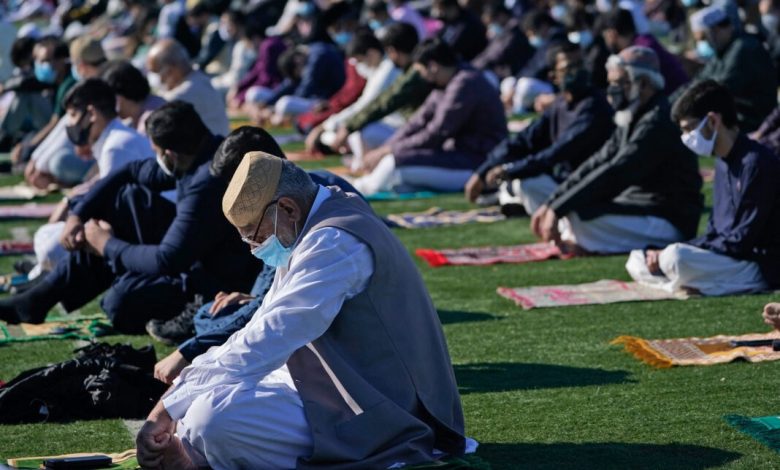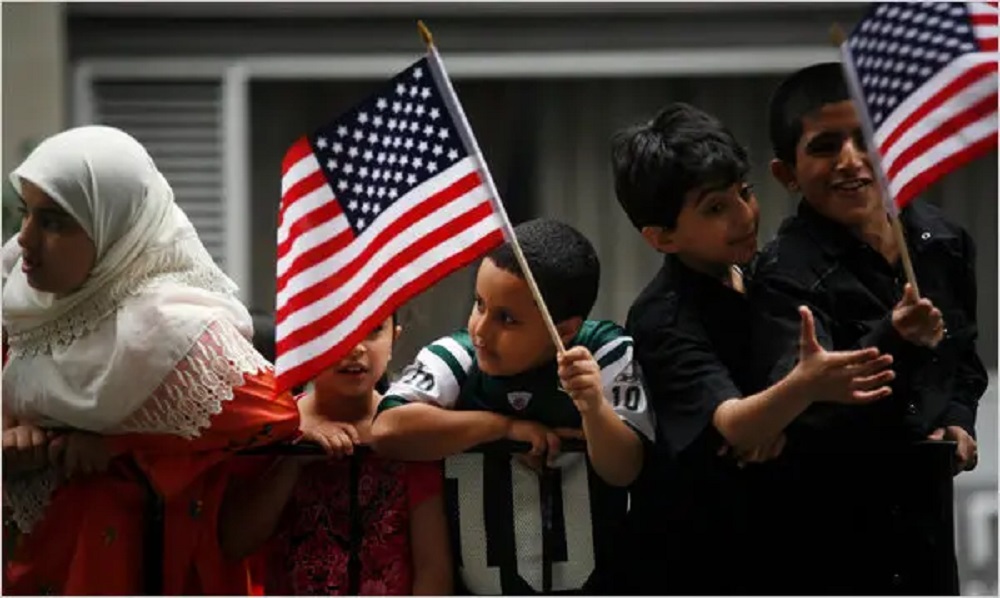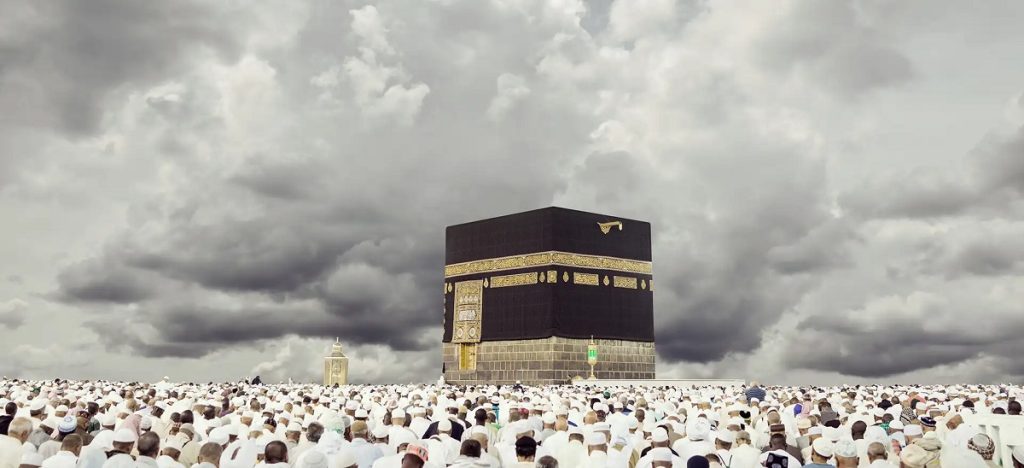The Spirit of Islamic Festivals: Celebrating Faith, Community, and Humanity
A deep look into the meaning, traditions, and global unity expressed through Islam’s most sacred celebrations.

Islamic festivals are among the most meaningful and spiritually rich celebrations in the world. Rooted in centuries of tradition, they blend faith, gratitude, community, and compassion, reflecting the core teachings of Islam: submission to God (Allah), care for others, and the pursuit of peace and justice.
Across the Muslim world — from Indonesia to Morocco, from New York to London — Islamic festivals unite more than 1.9 billion believers through prayer, charity, and togetherness. These occasions transcend nationality, language, and ethnicity, reinforcing the sense of a global ummah (community).
1. Eid al-Fitr — The Festival of Breaking the Fast
Eid al-Fitr, which follows the holy month of Ramadan, marks one of the most joyful times in the Islamic calendar. After a month of fasting from dawn to sunset, Muslims celebrate spiritual renewal and gratitude.
The festival begins with a special congregational prayer held in mosques or open grounds. Families dress in their finest clothes, share festive meals, and exchange gifts. The day also includes Zakat al-Fitr, a mandatory act of charity to ensure that even the poor can celebrate Eid.
Beyond its outward celebration, Eid al-Fitr symbolizes discipline, empathy, and thankfulness — the rewards of a month spent in self-purification and devotion.

2. Eid al-Adha — The Festival of Sacrifice
Eid al-Adha (ʿId al-ʾAḍḥā), known as the “Greater Eid”, commemorates the Prophet Ibrahim’s (Abraham’s) willingness to sacrifice his son in obedience to God. It coincides with the completion of the Hajj pilgrimage in Mecca, one of Islam’s five pillars.
Muslims around the world celebrate by sacrificing an animal — typically a sheep, goat, or cow — symbolizing devotion and willingness to give up what one loves for God’s sake. The meat is divided into three parts: one for the family, one for relatives and friends, and one for the poor.
Eid al-Adha is a profound lesson in obedience, humility, and generosity, teaching that faith is proven through action and compassion for others.
3. The Hajj — A Journey of Unity and Purification
Although not a “festival” in the conventional sense, Hajj is one of the greatest gatherings in human history. Every year, millions of Muslims travel to Mecca to fulfill this sacred pilgrimage.
For five days, pilgrims from every race, nationality, and background wear simple white garments called iḥrām, symbolizing equality before God. The experience is one of deep spiritual cleansing, reflection, and renewal.
Hajj teaches patience, humility, and the oneness of humanity — a living expression of Islamic brotherhood and equality.

4. The Islamic New Year — Hijri Reflection and Renewal
The Islamic New Year (Hijri) marks the migration (Hijrah) of the Prophet Muhammad ﷺ from Mecca to Medina in 622 CE. Unlike Western New Year celebrations, it is a quiet, reflective time, focusing on renewal of faith and remembrance of the Prophet’s sacrifices.
It reminds Muslims of the importance of courage, faith, and perseverance, values that remain central to the Islamic way of life.
5. Mawlid al-Nabi — The Birth of the Prophet Muhammad ﷺ
Mawlid al-Nabi celebrates the birth of the Prophet Muhammad ﷺ, the Messenger of mercy and peace. While the observance varies among Islamic cultures, it often includes recitations of the Qur’an, poetry in praise of the Prophet, and acts of charity.
The day emphasizes love, compassion, and gratitude for the life and teachings of the Prophet — his example of kindness, justice, and humility.
6. Spiritual Meaning of Islamic Festivals
At their heart, Islamic festivals are not mere holidays; they are acts of worship and social renewal. They connect the believer with God, with community, and with humanity. Whether through fasting, sacrifice, or charity, these occasions remind Muslims to balance faith with service, and celebration with reflection.
In every part of the world, Islamic festivals continue to inspire unity and hope — a reminder that true joy comes from faith, compassion, and shared humanity.



